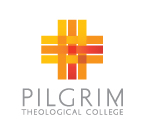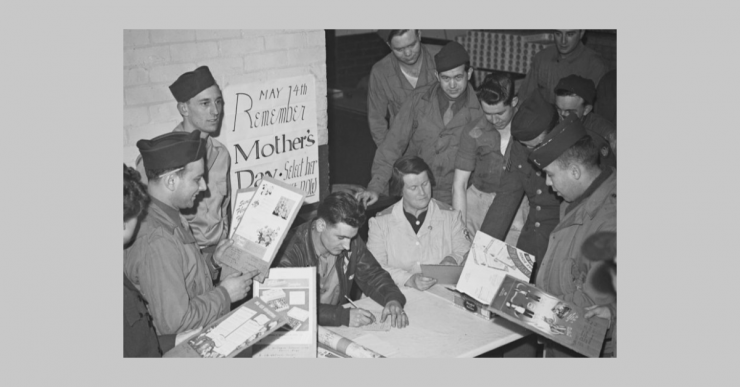Dr Kerrie Handasyde, Adjunct Senior Lecturer in History at Pilgrim Theological College, this week published an opinion piece in Eureka Street.
In the piece, entitled “‘True womanhood was motherly’: The social role of Mother’s Day”, Kerrie traces how the day began as a religious event but was co-opted for all kinds of secular purposes. This uneasiness is something that she has sensed as a mother and that she’s researched as a historian of women in Christianity, especially in her work on women’s vocations. Kerrie writes;
“Mother’s Day began in gratitude and conflict. Thankful for her late mother’s devotion, Anna Jarvis initiated a service of remembrance and gratitude for all mothers on 10 May, 1908, at her Methodist Church in West Virginia. Mother’s Day was a religious event, as was the older English tradition of Mothering Sunday in which worshippers returned home to their ‘mother church’. But as this new celebration of Mother’s Day spread around the English-speaking world, it preserved in public and private ritual a particular idea of womanhood. It asserted that true womanhood was motherly”.
The full article can be accessed here.

Pilgrim Theological College is a college of the University of Divinity from the Uniting Church tradition, based in Melbourne, Victoria.







Add comment